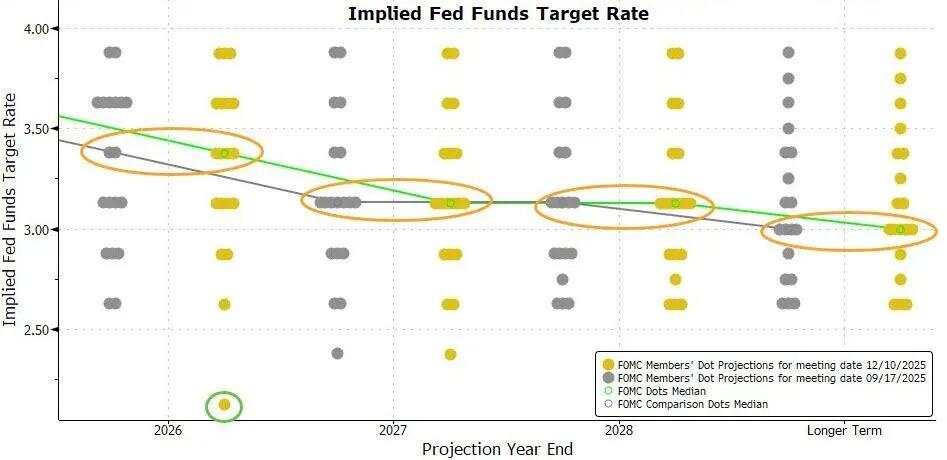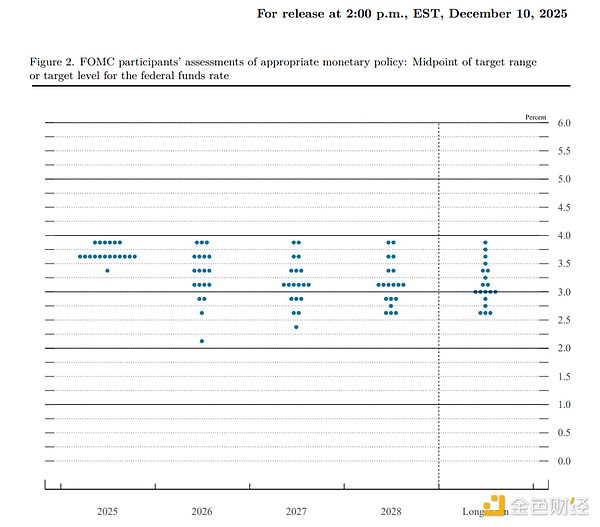- Israel seizes cryptocurrency wallets tied to Iran’s Revolutionary Guards.
- NBCTF publishes a list of 187 addresses receiving $1.5 billion in USDT.
- Tether freezes $1.5 million, and analytics firm Elliptic adds flagged wallets to its system.
Israel’s Ministry of Defense has moved to seize 187 cryptocurrency wallets linked to Iran’s Islamic Revolutionary Guard Corps (IRGC), intensifying efforts to cut off what authorities describe as terror financing networks operating through stablecoins.
The order, issued under the country’s Anti-Terrorism Law, is one of the broadest actions taken by Israel against digital assets tied to Iran.
Administrative Seizure Order Blocks $1.5B in Wallets
The directive, published as Administrative Seizure Order 43/25, was issued under section 56(b) of the Anti-Terrorism Law. Officials said the wallets were identified as property of the Islamic Revolutionary Guard Corps (IRGC) or as assets used to support terror activity.
Related: Tether’s $700M Wallet Freeze Targets Iran-Linked Funds on Tron Network
The order blocks both current balances and any future deposits. Businesses and individuals who interact with the flagged addresses are required to report them to Israeli authorities. The order remains valid for two years unless overturned, and objections can be filed with the NBCTF within two months.
The addresses collectively received $1.5 billion in Tether’s USDT stablecoin. Authorities noted that not all funds can be directly tied to the IRGC, as some wallets may belong to crypto service providers that pool assets on behalf of many customers.
Tether and Elliptic Step In
Stablecoin issuer Tether confirmed it froze 39 of the listed wallets on September 13, locking up roughly $1.5 million in assets. The company said those wallets are now unable to send or receive transactions in USDT.
Blockchain analytics firm Elliptic also announced it has integrated the 187 addresses into its monitoring systems, giving institutions the ability to screen and prevent exposure to IRGC-linked flows.
U.S. and Global Actions Against IRGC Crypto Activity
The latest order follows a series of international measures targeting IRGC-linked digital assets. On September 12, the U.S. Justice Department announced the seizure of $584,741 in USDT from Iranian national Mohammad Abedini. Authorities allege Abedini supplied navigation systems for the IRGC’s drone program.
In December 2024, the U.S. Treasury sanctioned addresses that had received $332 million in USDT tied to Sa’id Ahmad Muhammad al-Jamal. He was accused of funneling millions of dollars to Yemen’s Houthis with the backing of the IRGC-Qods Force.
In June 2025, more than $90 million was stolen from Iranian crypto exchange Nobitex by a pro-Israel group. Blockchain researchers linked Nobitex to the IRGC, citing its use by sanctioned operatives accused of ransomware and attacks on critical infrastructure.
Related: Crypto Market Faces New Risks from the Escalating U.S.-Iran Conflict: Report
According to Elliptic, the transparency of blockchain networks makes it possible to trace illicit financial flows. The firm noted that collaboration between regulators and private firms is essential in preventing sanctioned groups from accessing global financial markets.
Commenting on the seizure, Amir Rashidi, who leads digital rights and security at the Iran-focused nonprofit Miaan Group, said Israel may have gained access to details about the wallets by breaching Iranian systems. He noted that speculation has long existed about the IRGC turning to cryptocurrency as a way to sidestep international sanctions.




